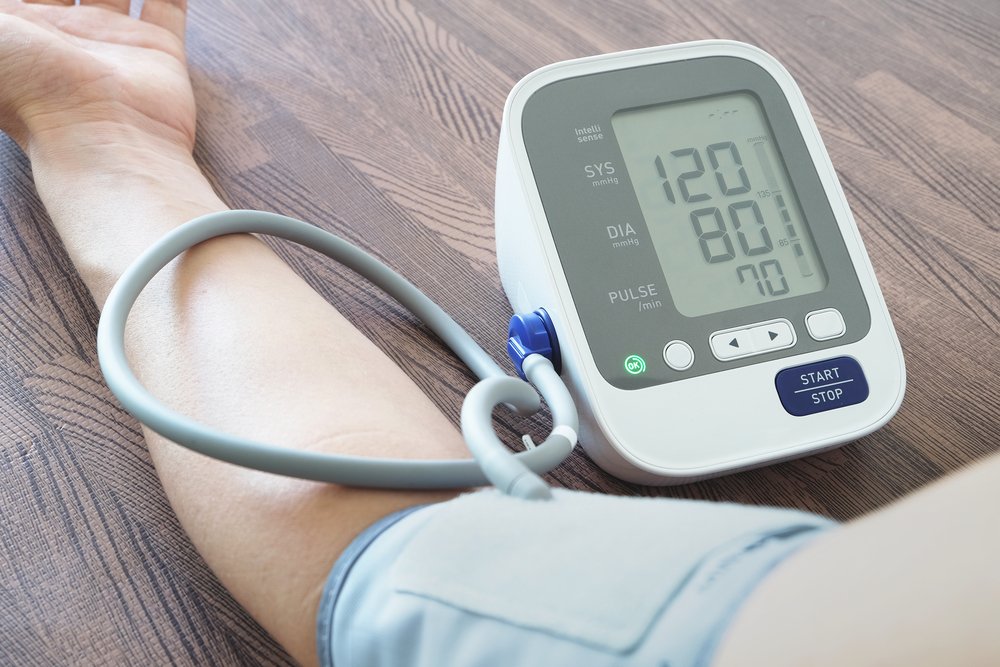
High blood pressure is the silent killer. It puts people at risk for heart attacks, strokes, vascular disease, kidney failure. It is basically really bad to have longstanding, undertreated high blood pressure.
But it is also harmful to be told you have high blood pressure when you don’t, and to be treated for high blood pressure when that treatment won’t benefit you. So when your doctor diagnoses you with high blood pressure, it is good to make sure you have earned the diagnosis. Let me lay out a few facts about high blood pressure and then suggest several questions to ask your doctor, so you get the treatment that is best for you.
The background: High blood pressure, also known as hypertension, is a chronic condition, characterized by regularly elevated blood pressure readings. If you have occasional blood pressure readings above normal, that doesn’t mean you necessarily have hypertension. But if your blood pressure runs too high, too often, all that pressure on the walls of your arteries can do serious damage.
Blood pressure is a measure of the force that blood exerts on your arteries as it is propelled through them by your heart. Think of a balloon with a small amount of air in it: there is not much air pressing out on the balloon. Blow it up more, and the balloon becomes more taut. That is what happens to your arteries with each beat of your heart. Your heart ventricles contract, forcing blood into your arteries, stretching them under all that forward-flowing pressure. The heart now relaxes and refills with blood, and the pressure inside your arteries goes down. That is why blood pressure is made up of two numbers: the bigger one that follows after heart contraction, and the smaller one that coincides with heart relaxation.
So what blood pressure readings are too high to have for too long? For the past couple of decades, there was a general consensus that having a blood pressure that frequently ran greater than 140/90 was bad – it qualified as hypertension and required treatment with behavior changes like diet and exercise and, if those failed, with drugs. Slightly lower blood pressures, of around 140/80, were thought to qualify as hypertension, but in relatively healthy people didn’t necessarily warrant drug treatment.
Then in 2017, the American College of Cardiology and the American Heart Association (henceforth ACC and AHA, respectively) revised their hypertension guidelines so blood pressures greater than 130/80 would qualify as hypertensive. They based these new recommendations on lots of literature, but were especially influenced by the SPRINT trial, which showed that treating people with blood pressures between 130-140/80-90 reduced their risk of cardiovascular disease.
Seems pretty straightforward. Experts agree that blood pressures greater than 130/80 are risky, and treatment of such people reduce cardiovascular disease.
But it is not so simple.
Most patients enrolled in the SPRINT trial were at a greater risk for cardiovascular disease than the average person, even putting aside their blood pressures. That risk was high because they were overweight, or had a strong family history of heart disease, or hand particularly high cholesterol levels. If they’d had the same blood pressure and fewer of those risk factors, then all those blood pressure medicines would have likely done more harm than good. In other words, it is not just your blood pressure that matters in deciding whether blood pressure medicines are a net benefit or harm for you. It also depends on other aspects of your health and family history.
So, how do you know if you have hypertension and need medication?
1. Get multiple blood pressure readings. Some people experience a rise in blood pressure in the doctor’s office, what we call white coat hypertension. Home monitoring of blood pressure can provide a more accurate idea of that person’s typical blood pressure. iPhones are even able to record blood pressures, in conjunction with other equipment.
2. Ask your doctor to calculate your 10-year risk of cardiovascular disease. For people with blood pressures between 130-140/80-90, most experts believe they have to face a 10-year risk of cardiovascular disease of greater than 10 percent, or have other risk factors like diabetes or kidney disease, to benefit from medication. You can even calculate that risk yourself.
3. If your blood pressure is regularly greater than 140/90, you most likely need treatment regardless of those 10-year risk numbers. That advice has been well established for decades.
4. Ask your doctor if you can delay drug treatment and try behavioral modification. Sometimes the answer will be no, if your answer is too high to hold off on treatment. But that’s ok. If you get your blood pressure under control through weight loss and diet later, you might be able to work with your doctor to wean yourself off medicines, or at least reduce the dose of those medicines.
5. Take your blood pressure medicines even if you don’t feel under pressure. Blood pressure isn’t a feeling of pressure. You can feel “pressured” and have normal blood pressure. And you can feel fine, and your blood pressure might still be sky-high. So don’t decide whether to take your blood pressure pills based on how you feel at any given moment, but based on whether you and your doctor have decided that you need to be on regular blood pressure pills. It’s true that anxiety and other strong emotions can increase your blood pressure. But when you’ve been diagnosed with hypertension, with evidence of regularly elevated blood pressure, then that means you need treatment even on days you don’t feel particularly stressed.
Peter Ubel is a physician and behavioral scientist who blogs at his self-titled site, Peter Ubel and can be reached on Twitter @PeterUbel. He is the author of Critical Decisions: How You and Your Doctor Can Make the Right Medical Choices Together. This article originally appeared in Forbes.
Image credit: Shutterstock.com
